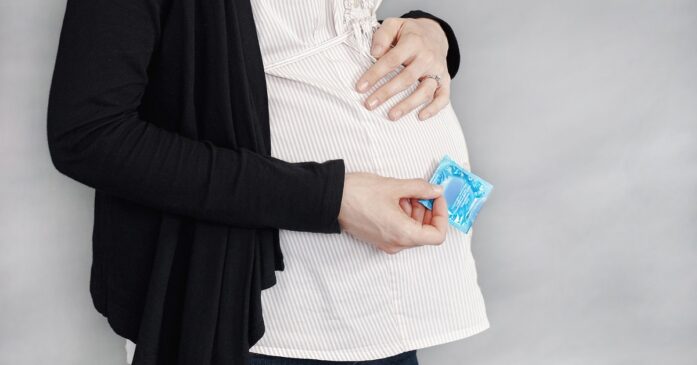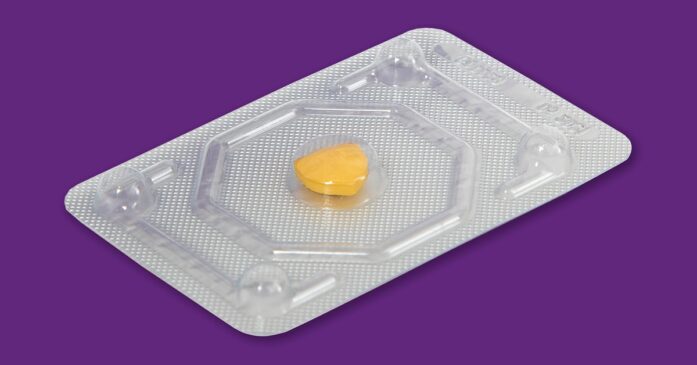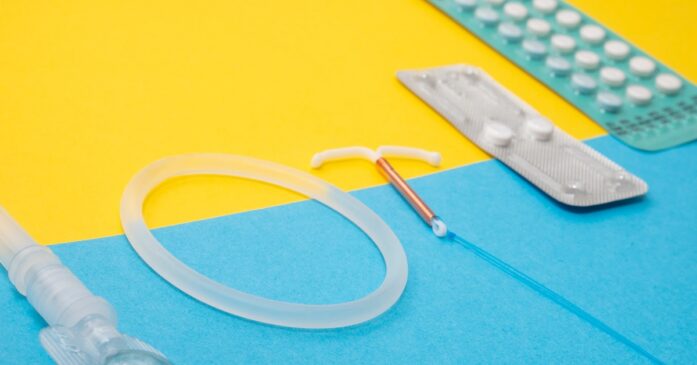
Pregnancy can be prevented with emergency contraception following unprotected sex. Emergency contraception pills (ECPs) are pills that you can take up to 5 days (120 hours) after engaging in unprotected sex. They are frequently referred to as the morning-after pill. Certain emergency contraceptives function best when used within 3 days (72 hours) of sexual activity. It is occasionally possible to use the copper IUD as an emergency contraception. Keep reading to find out what to do after engaging in unprotected sex in Exeter.
How Does Emergency Contraception Work?
Emergency contraceptive tablets mainly work by delaying ovulation (the release of an egg during menstruation). ECPs won’t stop a pregnancy if fertilisation, as well as implantation, have already taken place.
About 1 or 2 out of every 100 women will get pregnant despite using the emergency contraception pill within 72 hours following unprotected sex. You don’t need to wait until the morning to take your morning-after pill. Emergency contraception works best when used as soon as possible after unprotected sex.
Pregnancy cannot be prevented if you engage in unprotected sex after using emergency contraception. It doesn’t prevent all pregnancies. Hence, if you stop getting your period after taking ECPs, consult your doctor or pharmacist.
Does emergency contraception have side effects?
You can experience some minor side effects after using emergency contraception, including:
– Nausea
– Vomiting
– Spotting
– Breast tenderness
– Headaches
They are often minor, and many of them go away in one to two days. When taking ECPs, a woman’s menstrual cycle may become temporally irregular.
What is unprotected sex?
Unprotected sex refers to sexual intercourse or other sexual activities (such as oral sex) without the use of any form of protection. These can include not using condoms, diaphragms, or other barriers, or hormonal contraception such as birth control pills or intrauterine devices (IUDs).
Engaging in unprotected sex puts you at risk of contracting sexually transmitted infections (STIs) and becoming pregnant. Using a form of protection during sexual intercourse can significantly reduce the risk of transmitting or acquiring STIs and unwanted pregnancy. It’s always advisable to use protection unless you’re in a mutually monogamous relationship and have both been tested for STIs.

What should I do if I’ve had unprotected sex?
If you’ve had unprotected sex, it’s important to take action to protect your health and prevent any potential negative consequences. Below are some steps you can take:
Get tested for sexually transmitted infections (STIs)
Even if you don’t have any symptoms, some STIs can be asymptomatic, it’s important to get tested to know your status. You can visit a healthcare provider, or clinic, or use an at-home test kit.
Consider emergency contraception
Emergency contraception can help prevent pregnancy after unprotected sex. It is most effective when taken as soon as possible after sex. However, they can still be effective up to 72 hours (some up to 120 hours) after unprotected sex. Emergency contraception is available over the counter at most pharmacies in the UK.
See a healthcare provider
A healthcare provider can offer additional guidance and advice. They can also prescribe medications to prevent or treat STIs, if necessary.
Discuss with your partner
If you have a regular sexual partner, it’s important to discuss the situation with them. This includes getting tested for STIs and using protection in the future.
Remember that prevention is always the best approach. Using protection, such as condoms or other forms of birth control, can help prevent unwanted pregnancy and reduce the risk of STIs.
How can I avoid getting an STI?
There are several ways you can reduce your risk of contracting a sexually transmitted infection (STI):
Use protection
Consistent and correct use of male or female condoms can greatly reduce the risk of STIs, including HIV, chlamydia, and gonorrhoea.
Get Tested
It’s important to get tested for STIs regularly, especially if you have multiple sexual partners or have engaged in unprotected sex. Talk to your healthcare provider about the recommended testing schedule based on your sexual history.
Limit sexual partners
Reducing the number of sexual partners you have can help lower your risk of contracting an STI.
Practice safe sex
Avoid having sex if you or your partner has any symptoms of an STI. Also, avoid oral sex if you or your partner has a cold sore or a genital sore.
Consider vaccination
Vaccinations are available for certain STIs, such as human papillomavirus (HPV) and hepatitis B. They can greatly reduce your risk of contracting these infections.

Where can I get emergency contraception after having unprotected sex in Exeter?
Visit Luxtons Pharmacy today to get tested for an STI or get emergency contraception following unprotected sex in Exeter. Also, check out this page for more information on our emergency contraception service.
This blog post was written on behalf of Luxtons Pharmacy by Pharmacy Mentor.
